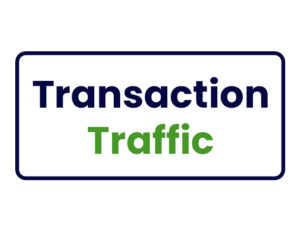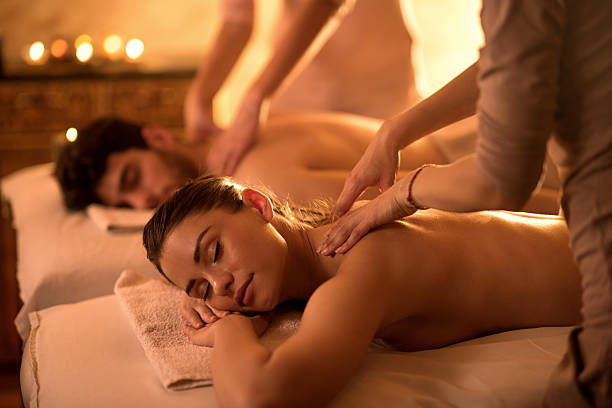Liquor Liability
Liquid liability insurance is a wise decision for any business serving alcohol. It will help you pay for damages caused by an intoxicated patron. It also pays for the legal fees associated with the incident.
It is a good idea to buy at least $1 million in coverage. You can reduce the cost of your coverage by choosing a discount carrier. Using a single page will also make the renewal process more accessible.
Depending on the type of business you run, the cost of liquor liability insurance can be high. However, you can also reduce the cost of your coverage by enforcing strict alcohol consumption policies.
You should also ask your insurance company for discounts such as Mountain Insurance. For example, you may reduce the cost of your policy by adding assault and battery coverage. You can also add cancellation coverage to your policy for an additional fee.
Liquor liability insurance can also help you pay for your legal expenses if a lawsuit is filed against you. Legal fees from a liquor-related claim can be tens of thousands of dollars.
General Liability
Whether you own a small cafe or a large hotel, general liability insurance for restaurants will protect your business from injuries. When you purchase a policy, you can be sure to cover the costs of legal expenses, lost income, and property damage if someone is injured on your property. However, it is essential to consider the risks your business faces because the cost of a lawsuit can put a small business at a financial disadvantage.
There are several different types of restaurant insurance. Your policy should cover you against damages, injury, and theft. It may also protect you from industry-specific risks. In addition, your policy should include general liability, workers’ compensation, and property insurance.
Workers’ compensation insurance is required by law in most states. This type of insurance will pay medical expenses for injured employees. It also covers lost wages. If an employee has a severe work-related illness, they may need hospitalization.
General liability insurance for restaurants protects your business from injuries to customers and third parties. It also covers damage to customer property. It can also cover copyright infringement and libel.
Commercial Auto
Whether you own a restaurant or run one from home, commercial auto insurance can help you stay safe on the road. The coverage can pay for expenses related to an accident, including medical costs, property damage, and lost income. It can also protect you from lawsuits, such as those involving privacy breaches.
Insurance costs vary, depending on several factors. Location, sales, the type of food you serve, and how many employees you have all play a part in the cost of your restaurant insurance. You can obtain a quote in minutes by calling an insurance broker.
If you have a company vehicle or deliver food for your restaurant, you may need commercial auto insurance. You can also consider buying cyber liability insurance. Cyber insurance can help you cover costs related to data security breaches and fraudulent activities.
If you have employees, your business might need workers’ compensation insurance. This type of insurance provides significant benefits for employees injured on the job. Most states require a certain amount of coverage, but you can opt out of this if you want.
Product Liability
Whether you run a restaurant or own a food business, you need a firm insurance policy. Your policy should include general liability and product liability insurance. These policies will protect you from lawsuits and claims that can put your business out of business.
The average cost of restaurant product liability insurance is $65 a month or $780 a year. These policies can be purchased separately or as a general liability policy.
Product liability insurance protects businesses from claims involving defective products. The cost of such coverage will vary depending on the type of product you sell and your product’s risk level. However, it’s essential for businesses that sell food products.
The average cost of product liability insurance is about $0.25 per $100 of product sales. It can cost more if your product is more risky, such as if you sell insecticide or handbags.
Restaurants face various liability risks, including trips and falls, business property damage, and customers who get sick from the food they eat. These claims can cost tens of thousands of dollars, and a robust insurance policy will help to mitigate those costs.



